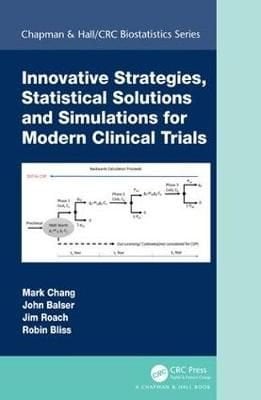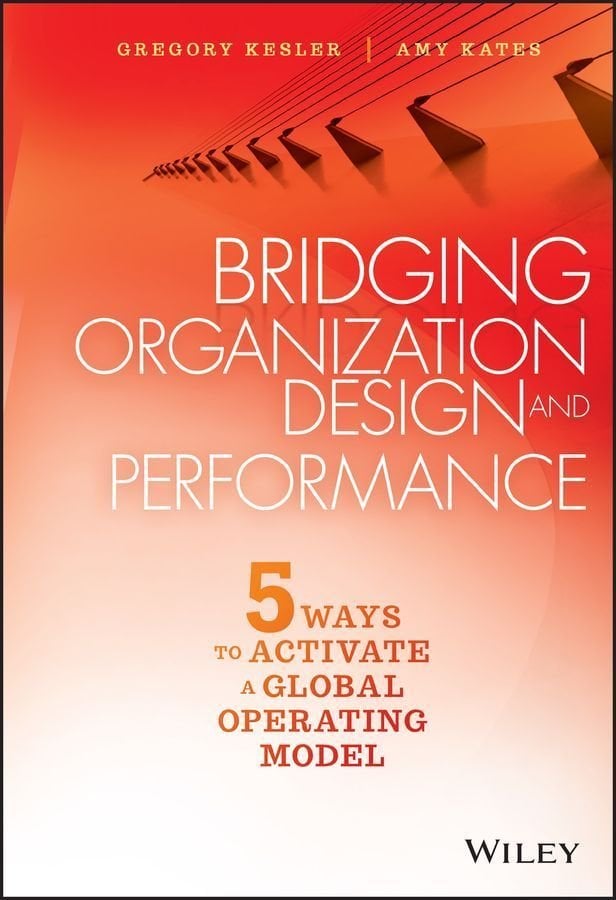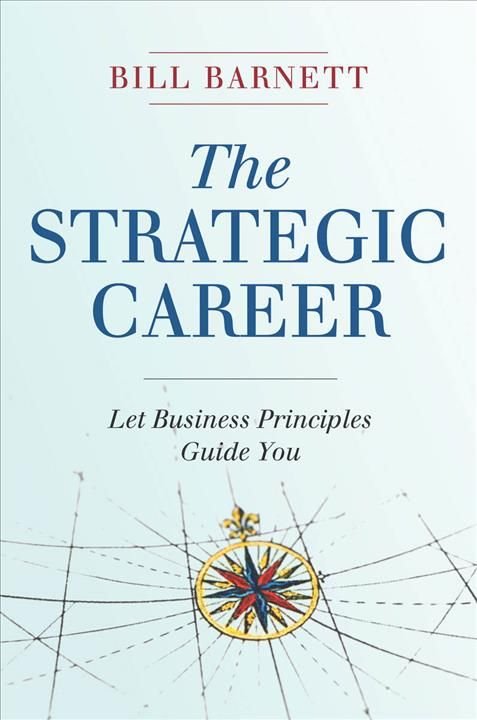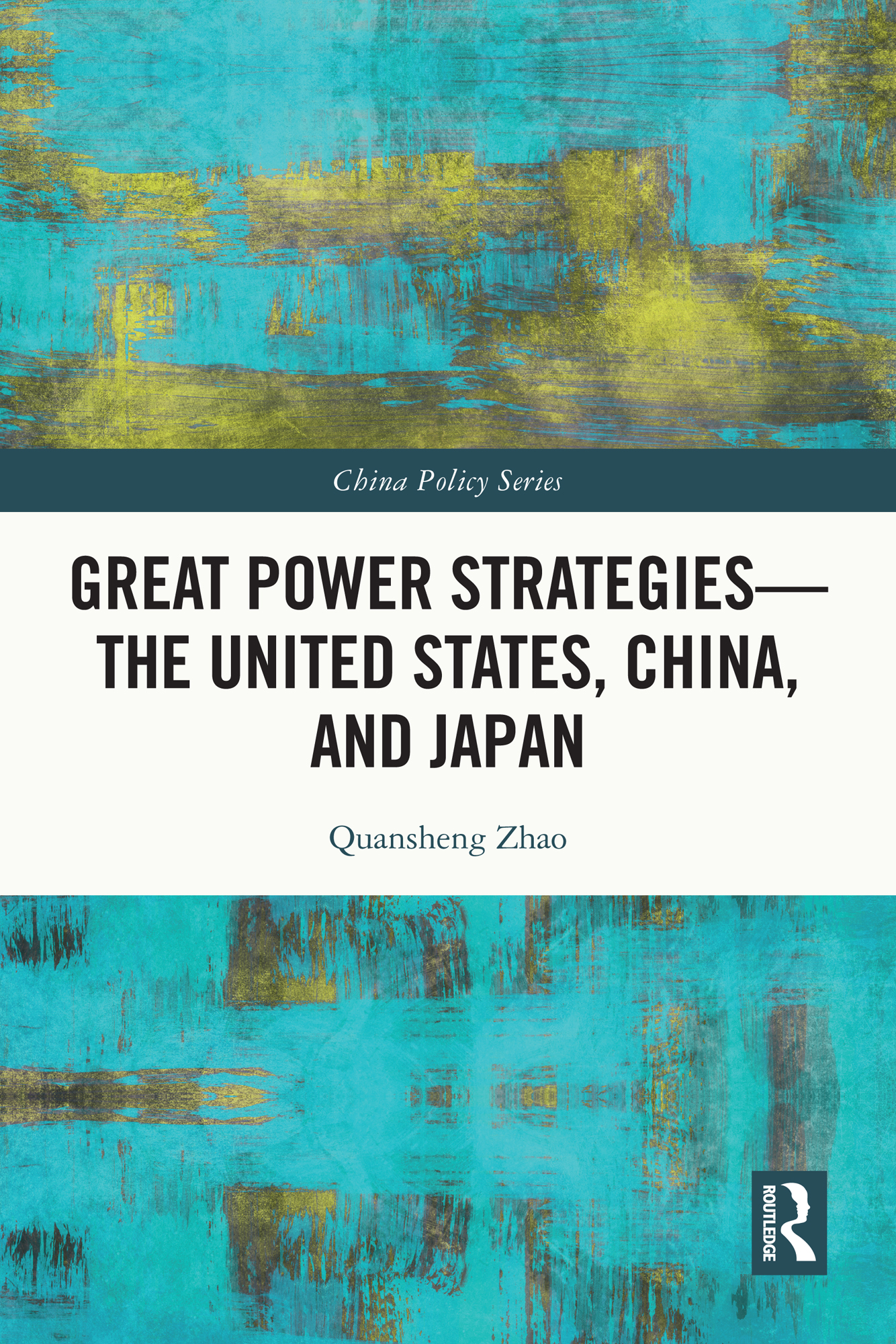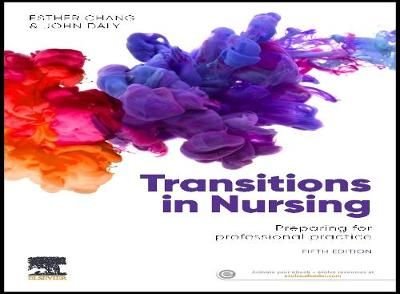This is truly an outstanding book. [It] brings together all of the latest research in clinical trials methodology and how it can be applied to drug development?. Chang et al provide applications to industry-supported trials. This will allow statisticians in the industry community to take these methods seriously. Jay Herson, Johns Hopkins University The pharmaceutical industry’s approach to drug discovery and development has rapidly transformed in the last decade from the more traditional Research and Development (R & D) approach to a more innovative approach in which strategies are employed to compress and optimize the clinical development plan and associated timelines. However, these strategies are generally being considered on an individual trial basis and not as part of a fully integrated overall development program. Such optimization at the trial level is somewhat near-sighted and does not ensure cost, time, or development efficiency of the overall program. This book seeks to address this imbalance by establishing a statistical framework for overall/global clinical development optimization and providing tactics and techniques to support such optimization, including clinical trial simulations. Provides a statistical framework for achieve global optimization in each phase of the drug development process. Describes specific techniques to support optimization including adaptive designs, precision medicine, survival-endpoints, dose finding and multiple testing. Gives practical approaches to handling missing data in clinical trials using SAS. Looks at key controversial issues from both a clinical and statistical perspective. Presents a generous number of case studies from multiple therapeutic areas that help motivate and illustrate the statistical methods introduced in the book. Puts great emphasis on software implementation of the statistical methods with multiple examples of software code (both SAS and R). It is important for statist …
